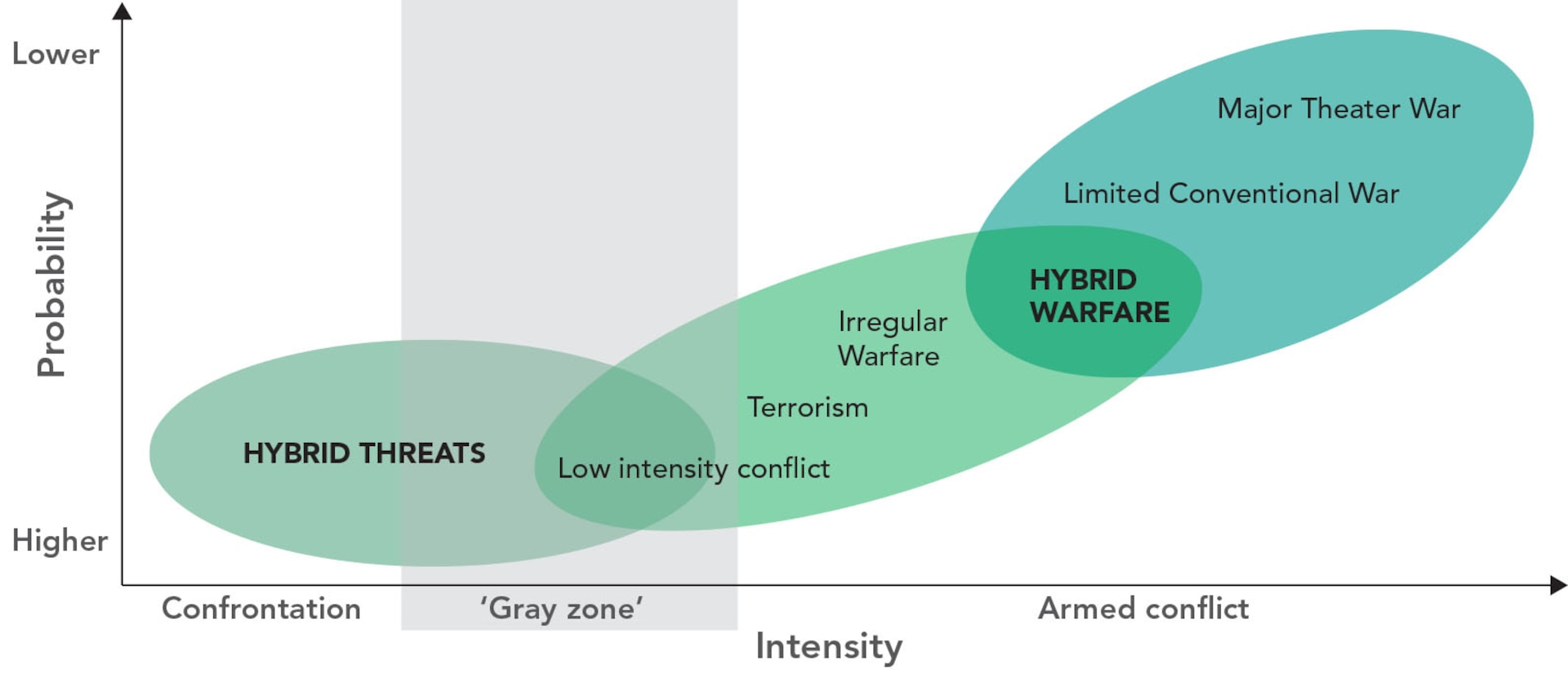
What are the best arguments for the war on drugs?

The arguments in favor of the war on drugs, or prohibitive drug laws, can be summarized as follows:
Deterrence and Reduced Use
- Proponents argue that prohibition helps keep drug use rates relatively low, especially among young people, by maintaining higher prices for illicit drugs. Studies, such as the 2001 Australian study, suggest that the illegality of drugs deters some individuals from using them3.
- Gil Kerlikowske, director of the US ONDCP, noted that higher prices due to prohibition help keep use rates low, similar to the effect of increased taxes on alcohol and cigarettes3.
Health Arguments
- Advocates of prohibition argue that illicit drugs are inherently harmful and should be illegal due to their health risks. For example, the DEA points out that marijuana is more potent than it used to be and has several harmful effects, including increased risk of heart attacks, memory loss, and other health issues3.
- The U.S. government argues that illicit drugs are as deadly as, or even more so than, legal substances like alcohol, citing similar death rates despite lower usage rates3.
Crime and Violence Reduction
- It is argued that much crime and terrorism is drug-related or drug-funded, and that prohibition can help reduce these issues. The US Office of National Drug Control Policy (ONDCP) and the DEA claim that crime, violence, and drug use are closely linked, with many homicides and violent crimes committed by individuals under the influence of drugs3.
- Former US President George W. Bush emphasized that reducing drug use can help in the fight against terrorism and other crimes3.
Economic Arguments
- While some argue that legalization could generate tax revenue, others like Antonio Maria Costa, executive director of the UNODC, argue that this approach is unethical and uneconomical. They suggest that any savings from reduced law enforcement would be offset by higher public health expenditures due to increased drug consumption3.
Analogies to Other Public Health Campaigns
- Proponents compare the war on drugs to other policing efforts, such as campaigns against speeding, which, although never fully eradicated, help reduce and contain the problem. Similarly, policing illicit drug use is seen as necessary to prevent harm to individuals and society3.
Social and Moral Grounds
- The argument is made that legalizing drugs would be akin to legalizing other harmful activities, such as human trafficking, simply for tax revenue. This is seen as morally and ethically wrong3.
These arguments collectively suggest that the war on drugs, despite its challenges, serves to reduce drug use, mitigate health risks, and combat associated crime and violence.